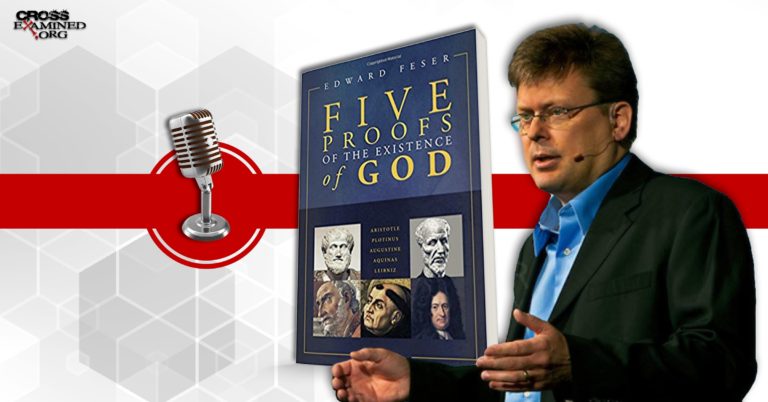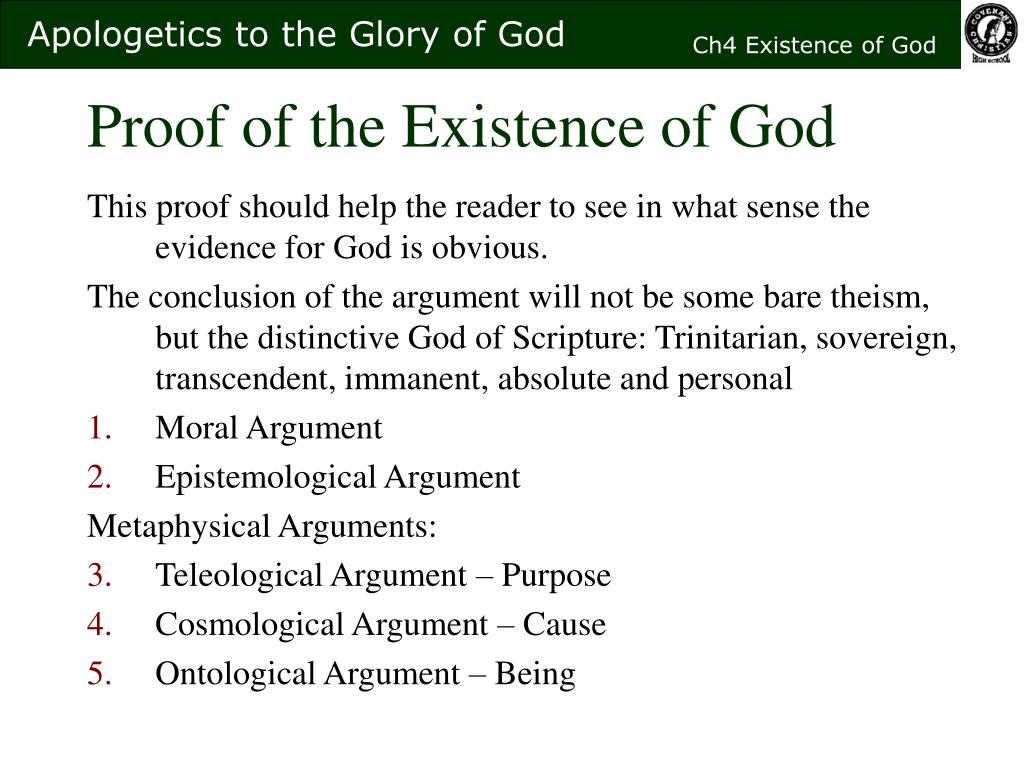

But here my only thesis shall be that none of his arguments succeed in producing a sentient superbeing.

Just compare it with my article Bayesian Counter-Apologetics for a start at what’s wrong here: the evidence actually argues against Feser’s God. Notably, like all Christian apologetics, that last chapter only “succeeds” by omitting everything that actually undermines his conclusions. Feser confesses he’s resurrecting the logic and arguments of Medieval scholasticism.įeser’s book contains one chapter for each of the titular five arguments, plus two more chapters, one attempting to extract more attributes for his thus-proven God, and one collecting and responding to some common rebuttals to his Five Arguments. They are still thinking like Medieval monks, who didn’t know how evidence or science worked, didn’t know Aristotle was already obsolete even in the ancient world, and thought their own naive semantical armchair musings could tell them facts about the Universe. Plantinga and Feser have a common thread of ignoring the sciences but even more, both are acting like the Modern Age never happened. Since there aren’t any good, easily locatable rebuttals online ( this one by Jonathan Garner is the closest I could find, and it’s a bit lackluster). I’ve now had several requests to take on Edward Feser’s Five Proofs of the Existence of God (2017).

It thereby serves as a refutation both of atheism and of the fideism that gives aid and comfort to atheism.I just completed a three-part series exposing the laughable science illiteracy of Alvin Plantinga’s “Two Dozen or So” arguments for God. Its aim is to vindicate the view of the greatest philosophers of the past- thinkers like Aristotle, Plotinus, Augustine, Aquinas, Leibniz, and many others- that the existence of God can be established with certainty by way of purely rational arguments. This work provides as ambitious and complete a defense of traditional natural theology as is currently in print. Finally, it answers at length all of the objections that have been leveled against these proofs. It also offers a thorough treatment of each of the key divine attributes-unity, simplicity, eternity, omnipotence, omniscience, perfect goodness, and so forth-showing that they must be possessed by the God whose existence is demonstrated by the proofs. This book provides a detailed, updated exposition and defense of five of the historically most important (but in recent years largely neglected) philosophical proofs of God's existence: the Aristotelian, the Neo-Platonic, the Augustinian, the Thomistic, and the Rationalist.


 0 kommentar(er)
0 kommentar(er)
